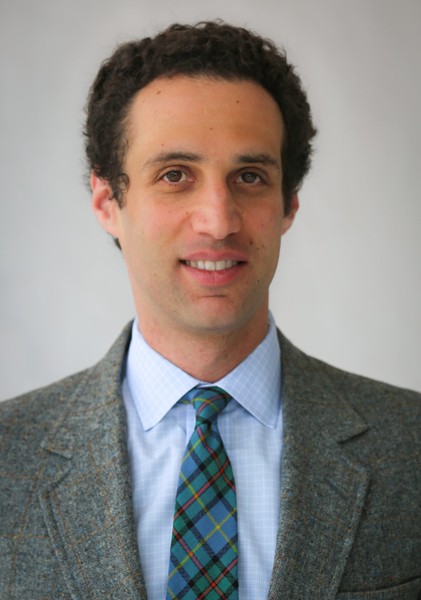
What are your key roles and responsibilities in your current positions? What do you like most about your job and what do you find most challenging?
I work at National Defense University’s “think-tank,” a research center focused on policy relevant research and analysis supporting the Joint Staff and the Office of the Secretary of Defense. I also teach a little bit in NDU’s Joint Professional Military Education (JPME) curriculum, though my job is mostly research-centric. What I like most about the job is doing research that directly ties into policy and decision making, along with the resources (of all kinds) that come from working for the U.S. government. The downsides center mostly on navigating the DoD bureaucracy. Everything takes longer (and requires more paperwork) than it would outside government.
List or describe the top 5+ professional skills that are crucial to your role.
- Research
- Writing (including for non-academic audiences)
- Interviewing
- Presenting/briefing
- Public speaking
How did your time at Yale shape your career trajectory? For example, what skills and/or experiences did you acquire that have contributed to your career success?
I studied historical international security (my PhD is in diplomatic/military history–my dissertation was about the struggle over what are now the Polish/Ukrainian borderlands during World War I). Studying history allowed me to see the sources of continuity between past and present, and how policy makers’ choices are shaped or constrained by the historical legacies they inherited. Most of the people working in my field now have backgrounds in political science/international relations, so my training in history has allowed me to approach these issues from a slightly different angle.
What were the biggest challenges that you faced when transitioning to different workplaces and cultures? What advice and suggestions can you offer to current students to help them prepare for those challenges?
Policy makers work fast. You can work on long-form, long-duration research projects (in fact, that’s most of what I do), but you have to be able to boil them down and present them in ways that are digestible to non-academics, and to cut through the noise to focus on the most important takeaways. Those skills are not necessarily emphasized in PhD programs. Current students can work on them by trying to write for non-academic audiences, e.g. by doing newspaper op-eds, blogs, or other short-form writing based on their research.
Another challenge is that military culture and academic culture are…different in important ways. Being in a heavily military environment means learning to understand and even appreciate what the military does, and being comfortable being in spaces where a military ethos predominates.
